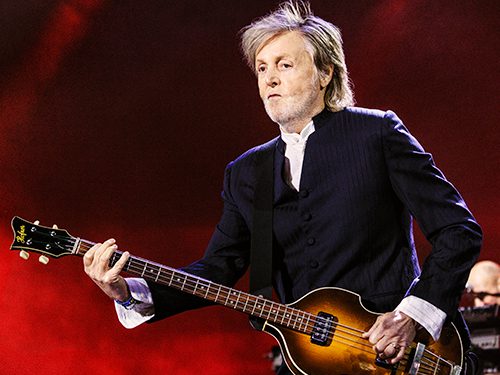

An Oxford University study found that, even if harmful greenhouse gas emissions from fossil fuels were stopped immediately, it would be impossible to keep global heating to the lowest safe limit without a shift to a more plant-based diet.
Here you’ll find answers to some of the most frequently asked questions that the campaign receives.
View more FAQsWhen it comes to converting nutrients into energy, animals are very inefficient. Only 5 to 25 per cent of the nutrients (depending on the animal) are converted into edible meat. The rest is spent on the animal’s metabolism and on building inedible nerve and bone tissue. The inefficiency is especially high for beef – in fact it can take up to 12 kg of grain to make 1 kg of beef. Around 60% of the world’s agricultural land is used for beef production, yet beef produces less than 5% of the world’s protein and less than 2% of its calories. As highlighted in Greenpeace’s film ‘Monster’, beef production is also directly responsible for Amazon deforestation. Paul McCartney said: “The world’s forests are truly irreplaceable. They’re home to Indigenous Peoples, amazing wildlife and are vital in our fight against the climate crisis. But these forests are being cleared at a shocking rate to farm more industrial meat and dairy. This is why reducing our meat is so important.”
Watch Greenpeace’s ‘Monster’ filmDespite the campaign name, Meat Free Monday encourages supporters to go fish free too. Industrialised fishing vessels with their football-pitch sized nets, or lines of hooks a mile long, trash coral reefs and ocean beds, kill and injure marine wildlife including dolphins, turtles and sea birds, and are pushing the oceans to the brink of environmental collapse.
Dairy products have a significant environmental impact. According to Milking the Planet, a 2020 report by the Institute for Agriculture and Trade Policy in the US, the 13 biggest dairy companies in the world have the same combined greenhouse gas emissions as the whole of the UK! With supermarket shelves full of plant milks – soya, oat, almond, coconut, hemp, rice and tiger nut– plus more and more non-dairy alternatives to cheese, yoghurt, cream and ice-cream coming onto the market, it’s now easier than ever to enjoy plant-based Meat Free Mondays.
Find out moreWith so many soya-based products available, plant-based eaters are sometimes blamed for rainforests being destroyed in order to grow soya – but only a fraction of this crop actually ends up on our plates! Over 80% of the world’s soybeans are turned into feed for farmed animals. Many eco-conscious people therefore consume some soya as part of a healthy, balanced diet. Based on its nutritional profile alone, it is safe to say that soya fits within current healthy eating guidelines and scientists generally agree that soya protein can help promote good health.
I've been getting my family to go meatless at least 3 times a week. It's healthier for everyone and better for the planet.
Vickie
Meat Free Monday has given me the opportunity to educate myself on foods that I would not have usually have eaten before.
George
It keeps me creative in the kitchen, and I am helping reduce my impact.
Rebecca
Previously dinner planning always started with ‘what meat’, and the rest of the meal was built around it. Meat Free Monday helps change that mindset.
Kristina
Meat Free Monday is a great initiative to encourage people to have a healthier diet, save animals and the planet for at least once a week.
Geraldine
